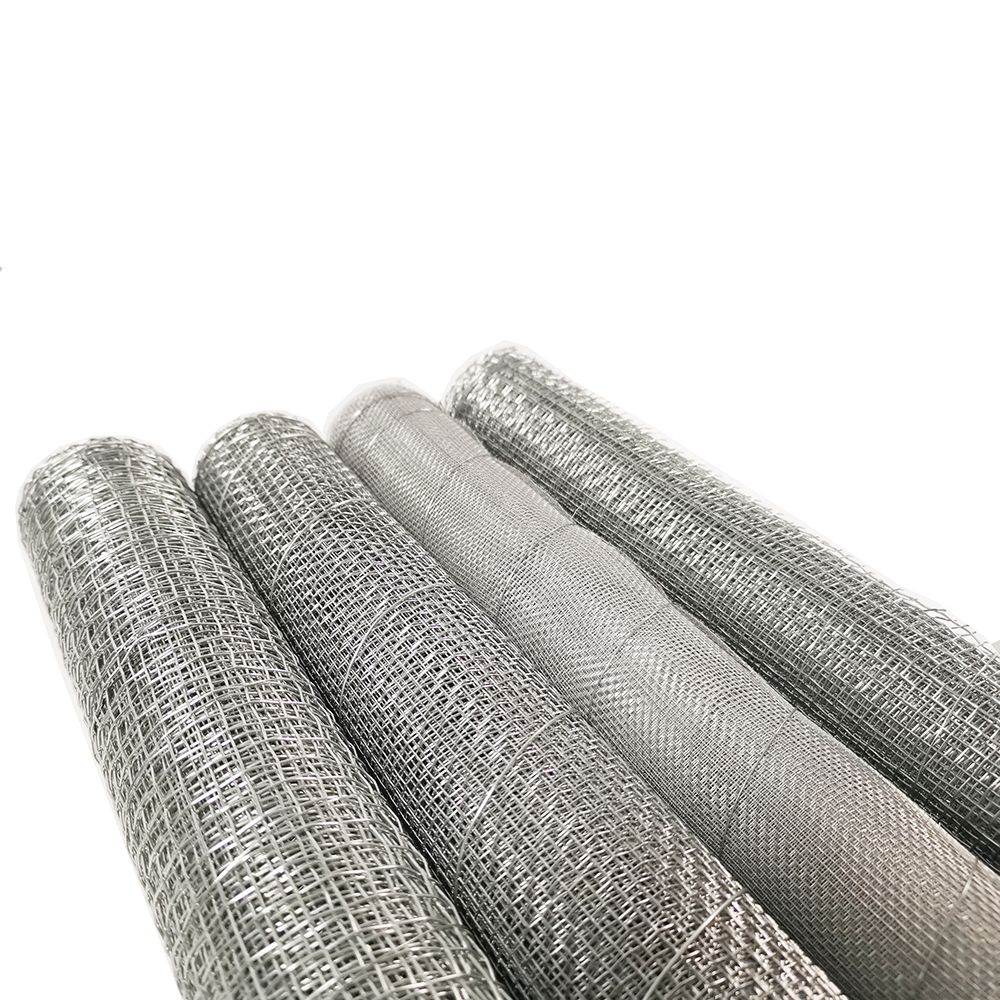different types of roofing nails
نوفمبر . 04, 2024 12:45
Different Types of Roofing Nails An Essential Guide
When it comes to roofing, the choice of nails might not be the first consideration for many, but it plays a crucial role in ensuring the durability and effectiveness of your roofing system. Different types of roofing nails are designed for specific applications, materials, and climates, making it essential to understand your options before beginning a roofing project. Here is a comprehensive guide to the different types of roofing nails.
1. Roofing Nails
Standard roofing nails are typically long, thin, and made of galvanized steel to resist rust and corrosion. They are designed with a wide, flat head that helps secure roofing materials, such as shingles or tiles. Most commonly, roofing nails are 1 to 1.75 inches long, and the size you choose often depends on the thickness of the material being installed. These nails are suitable for asphalt shingles and are widely used due to their availability and ease of use.
Smooth shank nails feature a smooth surface without any ridges. They are often used for roofing applications where a clean finish is required. However, they may not provide as much holding power as other types due to the absence of ridges. Smooth shank nails are typically used for lighter roofing materials and are driven into softer wood or plywood sheathing.
3. Ring Shank Nails
Ring shank nails offer a stronger grip compared to smooth shank nails. The rings along the shaft create additional friction and help prevent the nails from pulling out over time. This makes them an ideal choice for roofs subjected to high winds or heavy debris. Ring shank nails are commonly used with asphalt shingles and are favored in areas prone to extreme weather conditions.
different types of roofing nails

4. Screw Roofing Nails
Screw roofing nails come with a spiral thread that provides enhanced holding power. The design allows these nails to penetrate deep into the underlying structure, securing roofing materials with superior strength. They are especially beneficial for metal roofing or situations where a robust hold is necessary, such as in hail-prone regions. Keep in mind that installation may require a specialized gun or tool for efficiency.
5. Aluminum Roofing Nails
Aluminum nails are lightweight and resistant to rust and corrosion, making them a preferred option for coastal regions where salt exposure is a concern. They are often used with aluminum roofing materials or in various metal roofing applications. However, aluminum roofing nails are generally less durable than steel and should be chosen carefully according to the specific needs of the roofing project.
6. Copper Roofing Nails
Copper nails are often used in high-end roofing projects due to their aesthetic appeal and natural corrosion resistance. They are typically used with copper or slate roofing and provide a distinctive look that enhances the overall aesthetics of the home. While they are among the most expensive options, their longevity and beauty can justify the higher cost.
Conclusion
Choosing the right type of roofing nail is crucial for the success and longevity of your roofing project. Consider factors such as material compatibility, climate conditions, and the specific needs of your roof to make an informed decision. Whether opting for standard roofing nails, ring shank, or even specialized options like screw or copper nails, understanding your choices will help ensure a secure and durable roof for many years to come.




















